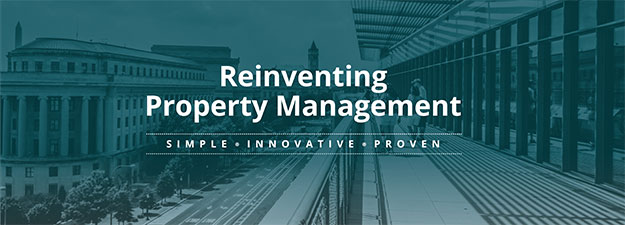This biweekly sponsored column is written by the experts at Gordon James Realty, a local property management firm that specializes in residential real estate, commercial real estate and home owner associations. Please submit any questions in the comments section or via email.
When searching for an investment property, you might be faced with the decision to buy a fixer-upper or a home that’s already upgraded. It’s a common question, particularly from those making their first excursion into the income property arena. There are numerous right answers, requiring your thoughtful consideration of multiple factors before you make the leap.
Make your evaluation in light of the three most important rules of real estate:
- Location
- Location
- Location
Whether you buy a home to occupy or rent, a desirable location supersedes all other considerations. Sure, you might find a seemingly fabulous “deal” on a property. However, if it’s in an undesirable location, you’ll face one or both of these challenges:
- Difficulty finding good, qualified tenants
- Needing to charge lower rent to entice tenants
Either of these issues will potentially lower your income, cash flow and profits. Despite self-help articles and books written about getting rich with real estate, owning, maintaining and managing rental property requires hard work. Sure, you’ll enjoy tax-deferred gains while you own the property and favorable tax treatment when you sell, but profits depend on your ability to generate sufficient cash flow to make mortgage payments and pay operating expenses.
Do you really want to risk the cost of having zero rental income while you spend months finding qualified tenants? Or, being forced to lower your rent by 30 to 50 percent just to attract appropriate tenants? Investing in a desirable location can help you avoid these issues.
Fixer-Upper Differences
Real estate fixer-uppers come in a variety of flavors. Ask yourself a few critical questions to make the right decision for you.
- How handy with home repairs are you? What can you do well and what repairs will you need licensed professionals to do?
- Do the properties you‘re considering just need some TLC (thorough cleaning, paint, new carpet, etc.) or major system repairs (electrical, plumbing, HVAC, roof, septic or sewer, etc.)?
- What will necessary repairs or improvements cost you? Is it possible to recoup the cost of repairs with higher rental income or greater appreciation in value when you sell?
Your honest answers to these questions help you determine whether a fixer-upper or rehabilitated rental property is your best option. Further, evaluate the cost difference between buying a rehabbed home and the costs of fixer-upper “deals” plus what it will cost to fix them. Don’t forget to factor in the cost of mortgage, insurance, etc. while it sits vacant during repairs.
To help you judge if you are really getting a deal on a fixer-upper, consider the following:
- Be sure your math works. Estimating the cost to upgrade the property versus buying a property in good shape must work in your favor, at least on paper. Add 10 to 25 percent to your estimate to avoid unwelcome and costly surprises to your budget.
- Seriously consider houses needing minimal repairs.
- Choose fixer-uppers only if you have the time, energy and some ability to do part of the fixing.
- Order a full inspection from a proven, thorough home inspector.
Finally, even if you own only one rental property, consider hiring a quality property management firm in your area to save you time and headaches and give you cost control.
* Source


